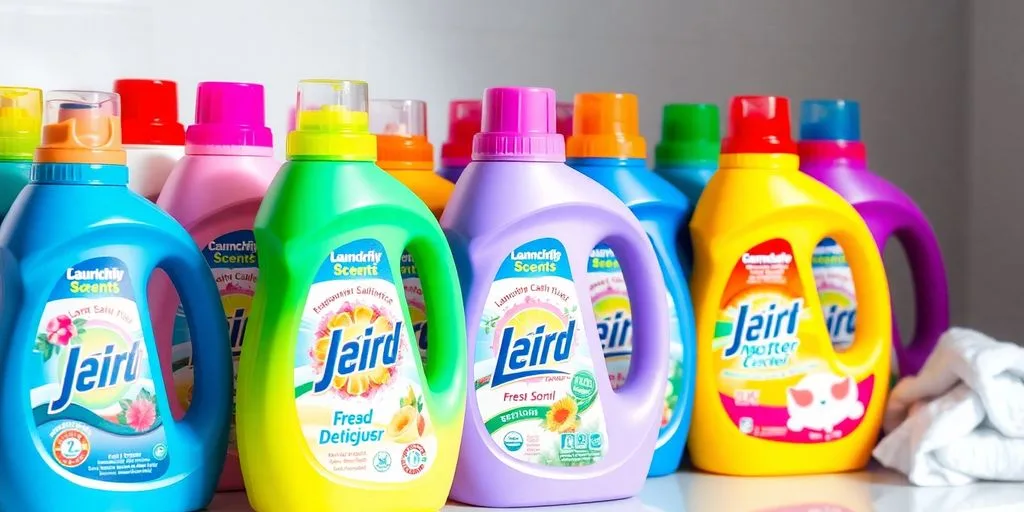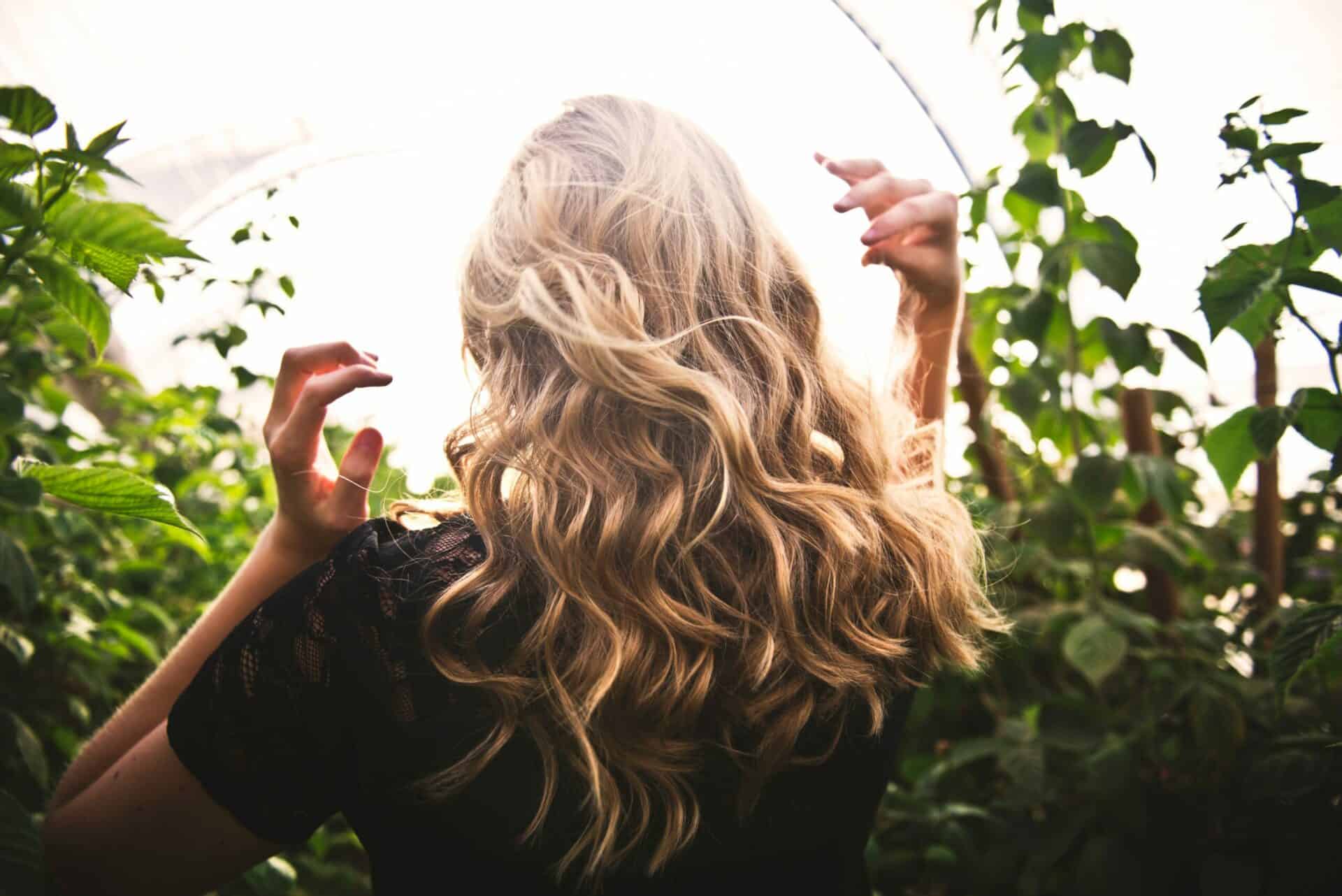If you’re curious about whether Paula’s Choice is cruelty-free, you’re not alone. Many consumers want to make ethical choices when it comes to beauty products. In this article, we’ll break down Paula’s Choice’s animal testing policies, certifications, and more to help you understand their stance on cruelty-free practices in 2025.
Key Takeaways
- Paula’s Choice is certified by Leaping Bunny, indicating their commitment to cruelty-free practices.
- They do not sell products in regions like China where animal testing is mandatory.
- Most Paula’s Choice products are vegan, although a few may contain animal-derived ingredients.
- Their parent company, Unilever, does engage in animal testing, which may concern some consumers.
- The brand supports various animal welfare initiatives and collaborates with organizations focused on animal rights.
Understanding Paula’s Choice Animal Testing Policies
The Commitment to Cruelty-Free Practices
Paula’s Choice has been around for a while, and they’ve always talked about being against animal testing. They say they’re really trying to get everyone to use other ways to test products and stop animal testing for cosmetics all over the world. It’s a big goal, but they seem serious about it. They’ve even teamed up with groups that are fighting for animal rights. It’s good to see companies taking a stand, especially in the beauty world where things can be a little shady sometimes.
The Role of Certifications in Animal Testing
Certifications like Leaping Bunny are a big deal when you’re trying to figure out if a company is actually cruelty-free. It’s not just about what the company says; it’s about having an outside group check things out. These certifications usually have strict rules, and companies have to prove they’re not testing on animals at any point, from making the ingredients to selling the final product. It adds a layer of trust, you know? It makes you feel a little better about spending your money there.
Transparency in Animal Testing Claims
It’s important for brands to be open about their animal testing policies. No one wants to be tricked into supporting animal testing without knowing it. When companies are clear about where they stand, it helps consumers make better choices. It also holds the companies accountable. If they say they’re cruelty-free, but something comes out that shows they’re not, people are going to notice. Transparency builds trust, and in today’s world, that’s more important than ever.
Being transparent about animal testing policies isn’t just good PR; it’s about respecting your customers and the animals involved. It shows you care about more than just making a profit.
Is Paula’s Choice Cruelty-Free Certified?
It’s natural to wonder about certifications when considering a brand’s cruelty-free status. Certifications can offer an extra layer of assurance, but what’s the deal with Paula’s Choice?
Overview of Leaping Bunny Certification
Leaping Bunny is probably the most recognizable cruelty-free certification around. It means a company has made a real commitment to removing animal testing at all stages of production. This includes not just the finished product, but also the individual ingredients. The Leaping Bunny Program does regular audits to make sure companies are keeping their promises. It’s run by a coalition of animal protection groups, so it’s got some serious credibility.
Importance of Cruelty-Free Certifications
Cruelty-free certifications are important for a few reasons:
- They give consumers confidence that a brand is actually cruelty-free.
- They hold companies accountable for their animal testing policies.
- They help to promote the development and use of alternative testing methods.
Certifications aren’t the only way to determine if a brand is cruelty-free, but they can be a helpful tool. It’s always a good idea to do your own research and make sure you’re comfortable with a company’s policies before you buy their products.
How Certification Impacts Consumer Trust
Certification can really boost consumer trust. Knowing a third-party organization has verified a company’s claims makes a big difference. It shows the brand is serious about its commitment. Without certification, it can be harder to know if a company’s claims are legit. It’s all about transparency and accountability, and that’s what builds trust with shoppers.
Is Paula’s Choice Sold Where Animal Testing Is Required?
It’s a big question for anyone trying to shop ethically: does buying Paula’s Choice mean supporting animal testing in countries where it’s mandatory? Let’s break down where they sell and what that means.
Current Market Availability
As of today, Paula’s Choice has made a point of not selling its products in mainland China, where, historically, animal testing has been a requirement for many imported cosmetics. This is a key factor in their cruelty-free stance. They’re available in a lot of places, mostly online, but you won’t find them in physical stores in regions with mandatory testing. This decision reflects a commitment to avoiding those regulations.
Implications of Selling in Certain Regions
Selling in places that require animal testing can be a real ethical minefield. For a brand claiming to be cruelty-free, it creates a conflict. Here’s why:
- It directly funds animal testing through compliance with local laws.
- It undermines the brand’s cruelty-free claims.
- It alienates consumers who prioritize ethical shopping.
Brands that choose not to sell in these regions often do so at a financial cost, showing a real dedication to their values. It’s a tough call, balancing profit with principles.
Consumer Awareness and Choices
Consumers are getting smarter and more informed. We’re doing our homework, checking certifications, and understanding the fine print. This increased awareness puts pressure on brands to be transparent about their practices. It also means we have the power to make informed choices. We can support brands that align with our values and avoid those that don’t. It’s all about voting with our wallets, and making sure our purchases reflect what we believe in.
The Vegan Status of Paula’s Choice Products
Are All Products Vegan?
So, is everything at Paula’s Choice vegan? Not quite. While a good chunk of their stuff is vegan, they aren’t a 100% vegan brand. They try to avoid animal-derived ingredients when they can, which is cool. New vegan alternatives are popping up all the time, which makes it easier. But some products still use animal-derived stuff because it’s needed for the formula or a good vegan swap isn’t available yet.
Understanding Animal-Derived Ingredients
Okay, so what kind of animal-derived ingredients are we talking about? Here are a few that you might find in some Paula’s Choice products:
- Lactoperoxidase
- Glyceryl Stearate
- Cholesterol
- Ceramides
- PEG-100 Stearate
- Carmine
- Sodium Chondroitin Sulfate
- Tallow
- Beeswax
It’s always a good idea to check the ingredient list on each product page if you’re trying to avoid these.
It’s worth noting that even if a brand isn’t fully vegan, they can still be cruelty-free. Vegan just means no animal ingredients, while cruelty-free means no animal testing. It’s easy to get the two mixed up.
The Shift Towards Vegan Formulations
It’s good to see that Paula’s Choice is working towards more vegan options. As technology advances, it becomes easier to find replacements for animal-derived ingredients. Hopefully, in the future, they’ll be able to offer a completely vegan range. For now, it’s all about reading those labels and making informed choices.
The Parent Company and Its Animal Testing Policies
It’s common knowledge that many beauty brands operate under larger parent companies. These parent companies often have different animal testing policies than the individual brands they own. Let’s take a closer look at how this affects Paula’s Choice.
Unilever’s Animal Testing Practices
Paula’s Choice is currently owned by Unilever. Unilever, as a whole, does conduct animal testing in some instances, particularly when required by law in certain regions. This can be a sticking point for consumers who are committed to only supporting completely cruelty-free companies. It’s a complex situation, because while Paula’s Choice maintains its own cruelty-free stance, its parent company doesn’t have the same across-the-board policy.
Impact of Parent Company Policies on Brand Image
The connection to Unilever can create a dilemma for Paula’s Choice. Some consumers might be hesitant to support the brand, even with its cruelty-free certification, because they don’t want their money going to a company that, in some cases, still tests on animals. Transparency is key here. Paula’s Choice needs to be upfront about its parent company’s policies and how it navigates this relationship to maintain its own commitment to cruelty-free practices. The brand’s image is definitely impacted, and it’s up to them to manage that perception effectively.
Consumer Choices Regarding Parent Companies
Ultimately, it’s up to each individual consumer to decide whether they’re comfortable supporting a brand owned by a parent company that isn’t fully cruelty-free. There are a few ways to look at it:
- Support Paula’s Choice because they adhere to cruelty-free practices.
- Boycott Paula’s Choice to protest Unilever’s broader policies.
- Research other brands with fully cruelty-free parent companies.
It’s important to stay informed and make choices that align with your personal values. There’s no right or wrong answer, and your decision can make a difference in promoting animal welfare.
It’s a personal choice, and staying informed is the best way to make a decision you feel good about.
Community Support and Animal Welfare Initiatives
It’s always good to see when companies go beyond just avoiding animal testing and actively support animal welfare. Paula’s Choice seems to be making some effort in this area, which is a positive sign.
Partnerships with Animal Welfare Organizations
Paula’s Choice has, from what I can tell, engaged in partnerships with different animal welfare organizations. These partnerships can take various forms, from donating a portion of sales to supporting specific projects. These collaborations are important because they provide financial and other resources to groups working directly to protect animals. It would be great to see more transparency about which organizations they partner with and the specific impact of these collaborations. I think it’s important to know where the money goes, and what it achieves.
Employee Engagement in Animal Welfare
Another interesting aspect is how Paula’s Choice involves its employees in animal welfare. Do they offer volunteer opportunities? Do they match employee donations to animal charities? These kinds of initiatives can really boost employee morale and create a stronger sense of company values. It’s not just about corporate donations; it’s about building a culture of caring within the company. I’d love to see some examples of how employees are actively participating in these efforts. I think that would be really cool.
The Role of Community in Promoting Cruelty-Free Practices
The community plays a big role in promoting cruelty-free practices. Social media campaigns, educational initiatives, and simply spreading the word among friends and family can all make a difference. Consumer demand is a powerful force, and the more people who choose cruelty-free products, the more companies will be encouraged to adopt these practices.
Here are some ways the community can help:
- Supporting brands that are certified cruelty-free.
- Educating others about animal testing issues.
- Participating in campaigns to end animal testing.
It’s important to remember that every purchase is a vote. By choosing cruelty-free products, we’re sending a message to companies that we care about animal welfare and that we expect them to do better. It’s a collective effort, and every little bit helps.
Legal Challenges and Controversies
It’s important to be aware of any legal issues a company faces, as they can impact your trust in the brand. Let’s take a look at some of the challenges Paula’s Choice has encountered.
Overview of Current Lawsuits
Recently, Paula’s Choice has faced a lawsuit regarding its cruelty-free claims. The core of the issue revolves around whether the brand accurately represented its animal testing policies, especially concerning sales in regions where animal testing was previously mandatory. This has led to some people questioning the brand’s commitment to being cruelty-free.
Impact of Legal Issues on Brand Reputation
Legal challenges can definitely affect how people view a brand. A lawsuit, especially one concerning ethical claims, can damage a company’s reputation. It makes consumers wonder if the brand is truly living up to its promises. It’s a reminder that companies need to be transparent and honest about their practices.
Consumer Reactions to Controversies
When controversies arise, consumers often react in different ways. Some might choose to stop buying from the brand until the issue is resolved. Others might wait for more information before making a decision. Still, others might continue to support the brand, believing in its overall mission. It really depends on the individual’s values and how they perceive the situation.
It’s worth noting that consumer reactions can significantly influence a brand’s future. Companies often pay close attention to public sentiment and adjust their strategies accordingly. This can lead to changes in policies, increased transparency, or renewed efforts to address concerns.
Here are some common consumer reactions:
- Boycotting the brand
- Seeking more information
- Supporting the brand despite the controversy
Legal issues can create big problems for businesses and organizations. These challenges often lead to debates and disagreements that can affect many people. If you want to learn more about these important topics and how they impact our world, visit our website for more information!
Final Thoughts on Paula’s Choice and Animal Testing
So, is Paula’s Choice truly cruelty-free? The answer is a bit complicated. They are certified by Leaping Bunny, which is a solid indicator that they don’t test on animals. Plus, they don’t sell in places where animal testing is mandatory, like China. However, there’s a lawsuit hanging over their heads about misleading claims, which makes things murky. If you care about cruelty-free products, it’s worth keeping an eye on how this situation unfolds. For now, you might want to think twice before buying from them until we get more clarity. It’s all about making informed choices that align with your values.
Frequently Asked Questions
Is Paula’s Choice cruelty-free?
Yes, Paula’s Choice is cruelty-free. They do not test their products or ingredients on animals, and their suppliers don’t either.
Does Paula’s Choice have any certifications for being cruelty-free?
Yes, Paula’s Choice is certified by the Leaping Bunny Program, which means they have committed to not using animal testing.
Are Paula’s Choice products sold in countries that require animal testing?
No, Paula’s Choice does not sell their products in countries like China where animal testing is mandatory.
Are all Paula’s Choice products vegan?
Most of Paula’s Choice products are vegan, but some may contain animal-derived ingredients. They try to avoid these ingredients whenever possible.
Who owns Paula’s Choice?
Paula’s Choice is owned by Unilever, a company that does conduct animal testing, which can affect how some consumers view Paula’s Choice.
What does Paula’s Choice do for animal welfare?
Paula’s Choice supports various animal welfare organizations and encourages their employees to engage in animal welfare initiatives.




